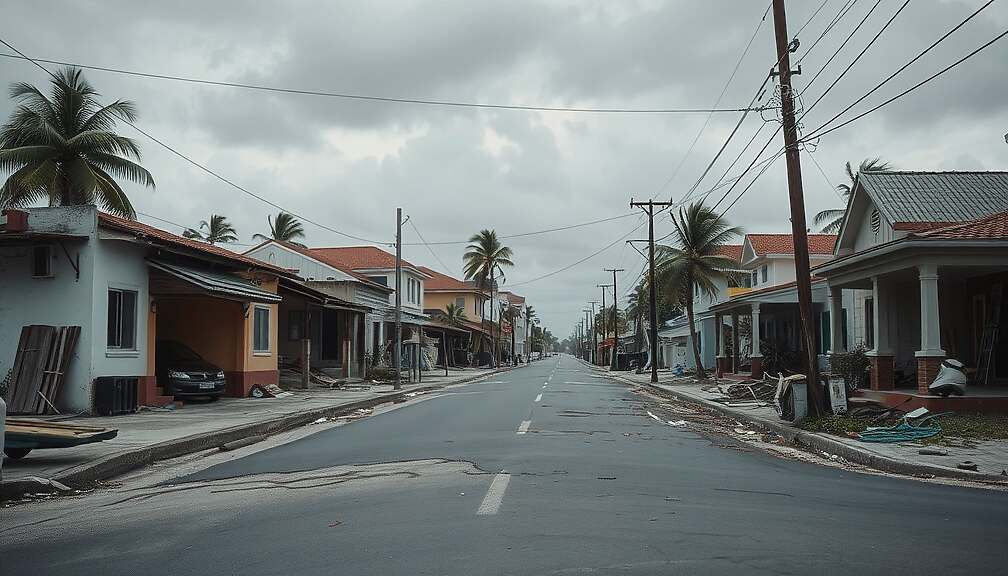The German government is assessing potential humanitarian aid following the devastating impact of Hurricane “Melissa” across the Caribbean, a storm described by some experts as a “century storm”. While immediate details regarding the extent of the damage remain scarce, the severity of the situation is prompting questions about Germany’s response capabilities and the efficacy of existing international aid mechanisms.
A spokesperson for the German Foreign Ministry acknowledged the volatile situation in Berlin on Wednesday, stating that a full assessment of needs is still underway. “The situation is unclear” the spokesperson said, adding that the government is examining ways to provide “needs-based and potentially rapid” assistance.
Germany holds a significant financial stake in several key international relief funds, including the United Nations’ Central Emergency Response Fund and the World Food Programme. This commitment, however, raises scrutiny regarding the bureaucratic hurdles and delays that can hinder rapid deployment in crisis situations. Critics argue that while Germany’s financial contributions are substantial, the actual delivery of aid to affected populations can be hampered by complex procedures and a reliance on established channels, potentially slowing down critical interventions.
Hurricane “Melissa” initially made landfall in Jamaica as a Category 5 storm on Tuesday afternoon, packing sustained winds reaching up to 186 miles per hour and an extraordinarily low atmospheric pressure of just 892 millibars – lower than that of Hurricane Katrina in 2005. This extreme low pressure exacerbates wind speeds and destructive power. Initial reports from the Red Cross describe a “catastrophe of unprecedented scale” in Jamaica, with entire communities submerged and widespread devastation from high winds. Over 530,000 people were initially left without power and widespread road closures, fallen trees and severe flooding have been reported across the island. As of now, no confirmed casualty figures are available and assessing the complete extent of the damage is expected to be protracted.
Cuba has also suffered substantial impact, with the hurricane making landfall along its eastern coast on Wednesday as a Category 3 storm, generating winds up to 119 miles per hour. The scale of the destruction in Cuba remains largely unknown.
The unfolding crisis highlights the increasing intensity of extreme weather events linked to climate change and poses a challenge for wealthy nations like Germany facing pressure to both contribute financially and ensure swift and effective aid delivery in future disasters. The efficiency and responsiveness of established international aid infrastructure will undoubtedly come under renewed examination in the days and weeks ahead as relief efforts gather pace.












